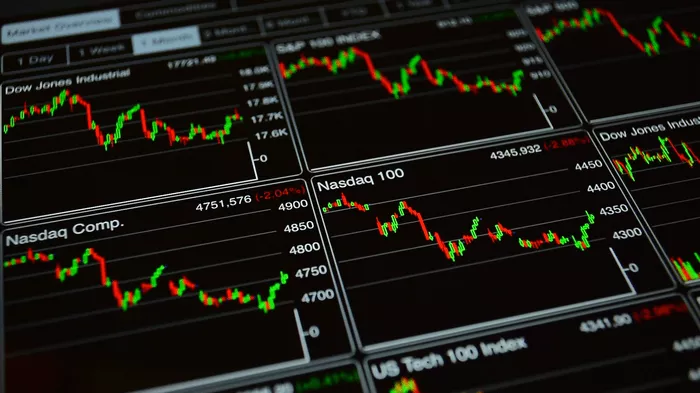Kim Gyeong-eob, an IT engineer, used to frequent bars and clubs in Seoul’s bustling Hongdae district, enjoying nightlife and live music. However, the onset of COVID-19 in early 2020 abruptly ended Seoul’s vibrant social scene, leaving Kim with extra savings each month.
Unable to spend money on social outings, Kim saw an investment opportunity. “I couldn’t use my money for drinks, and I thought, ‘hmm … I can invest with the money I save.’ Somehow COVID became an opportunity for me,” Kim told Al Jazeera.
Since then, Kim has become a regular stock market investor, focusing on large, established companies with steady revenue streams. His conservative approach has yielded a profit of about 7 million Korean won (approximately $5,100). “Finding out what to invest in was very simple. I picked the big brands close to me, such as Samsung,” Kim explained, adding that he primarily invests in semiconductors or companies related to Nvidia and Samsung.
Kim represents a growing trend among young Koreans turning to stock market investments. From 2022 to 2023, South Korea’s stock market capitalization rose by 23.1 percent, with foreign investors accounting for nearly one-third of shareholders, according to the Korea Financial Investment Association. The total number of shareholders of listed companies in South Korea nearly tripled from 2016 to 2022, reaching almost 14.5 million, as reported by the Korea Capital Market Institute.
Despite being home to global brands like Samsung and Hyundai, South Korea’s stock market has traditionally been overlooked by both domestic and international investors. The dominance of family-run conglomerates known as “chaebol,” poor corporate governance, lackluster shareholder returns, and tensions with North Korea have all contributed to the so-called “Korea discount” – persistently low valuations of major corporations in Asia’s fourth-largest economy.
Last month, Goldman Sachs noted that stocks in the country’s three largest K-pop management agencies might be undervalued by 85 to 137 percent, indicating the industry’s potential for a turnaround. “Korean stocks tend to be undervalued compared to their peers even when businesses are very similar,” James Lim, a senior analyst for the Asia equity research team at Dalton Investments, told Al Jazeera.
To address the low valuations, the South Korean government is launching the Corporate Value-up Program to encourage companies to share more profits with shareholders. Announced in February, the program includes proposed tax benefits to incentivize companies to improve shareholder returns and capital efficiency, alongside the creation of a Korea Value-Up index to spotlight better-performing firms.
The initiative draws inspiration from neighboring Japan, where regulatory reforms have helped the Nikkei 225 reach record highs after years of stagnation. However, replicating Japan’s success may be challenging. While South Korea’s Financial Services Commission has promised stronger incentives than those offered in Japan, the initial response from investors has been lukewarm. The benchmark Kospi index dropped 0.77 percent on the day the program was announced, amid criticism that the proposals were vague, relied on voluntary participation, and failed to address underlying issues, including high inheritance taxes that encourage chaebol owners to keep share prices low.
Park Young-gul, a partner at investment advisory firm KPMG, acknowledged the government’s reforms as a positive step but emphasized the need for ongoing efforts to make Korean companies more attractive to investors. “For this issue to be fundamentally resolved, concrete policies need to be continuously implemented, particularly in terms of tax incentives and strengthening shareholder rights,” Park told Al Jazeera.
Dalton Investments’s Lim added that significantly more incentives and penalties are required to drive corporate change. “The controlling shareholders control the company, and if they feel that there is no need to pay out meaningful amounts of dividends, then minority shareholders would suffer,” he said.


